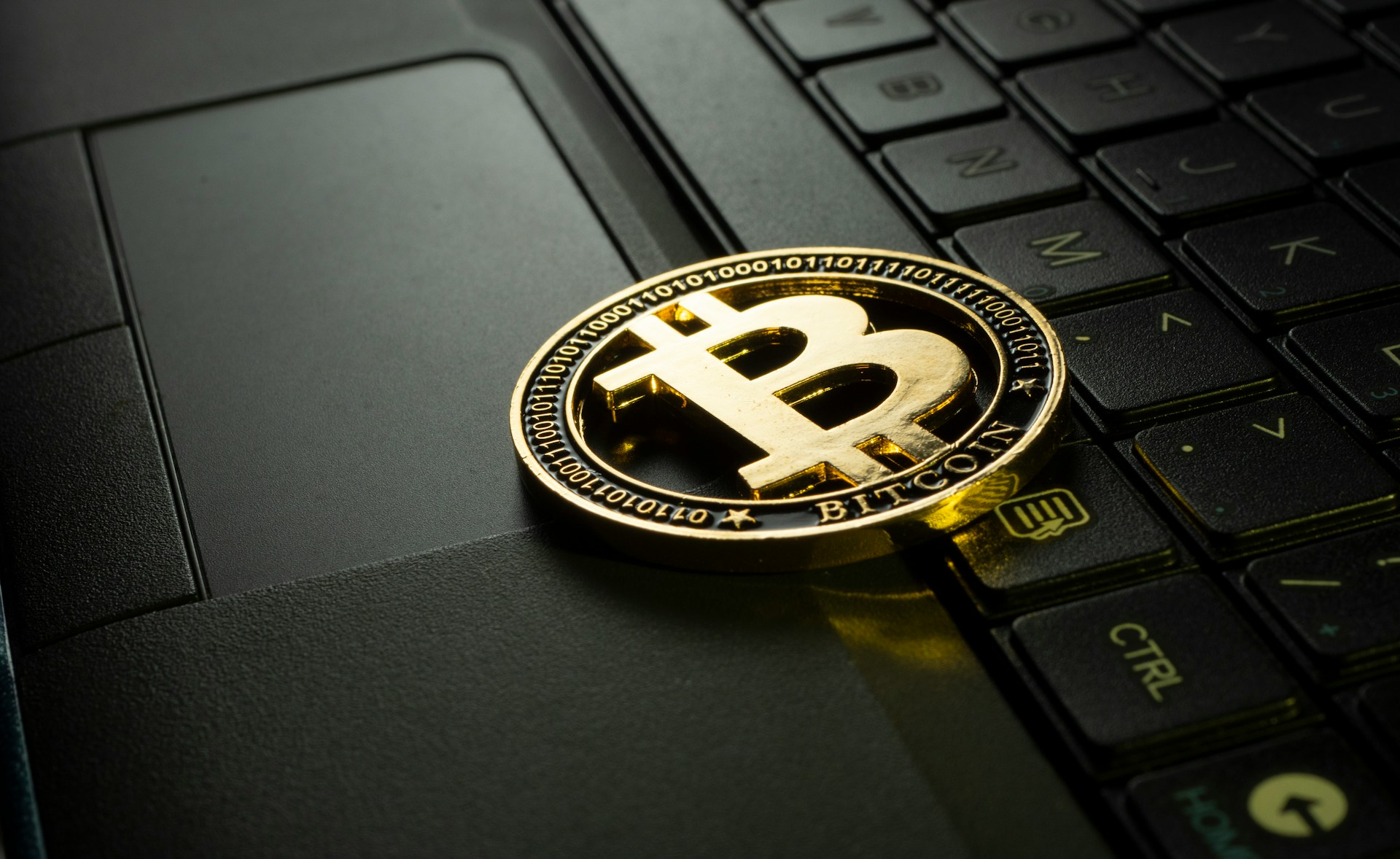The SEC and NTC’s move to ban Binance from operating here has struck a nerve with many in the Filipino crypto community. While regulatory oversight is understandable, this decision feels like overreach prioritizing centralized control over economic freedom – at least in my view.
The justifications provided are that Binance failed to meet certain Virtual Asset Service Provider (VASP) licensing requirements as well as lacking proper licensing to sell and offer securities. However, the fact that a major global player like Binance doesn’t seem compelled to adhere to these stipulations with a sense of urgency, even after being given an extended ultimatum, raises questions about whether our regulatory frameworks are out of touch with modern realities.
Instead of speculating, let’s look at data. What tangible differences exist between Binance’s platform and our local options like PDAX and Coins.ph in areas like fees, features, and security protocols? From what I’ve seen, Binance offers a more robust user experience, which begs the question of how our licensing processes greenlight arguably inferior alternatives.
The reality is many Filipino investors still prefer using Binance despite the regulatory gray area. I believe this speaks to the potential shortcomings of our homegrown exchanges versus being handcuffed by bureaucratic processes out of touch with product quality.
I’m not anti-regulation, but have issues with blanket bans locking out major players before implementing smarter licensing requirements. That feels like an innovation-stifling overreaction.
At the end of the day, we all likely want a stable, secure crypto market here. But an ambition for the Philippines should also be remaining a competitive environment with room for growth – not one that fosters undue oligopolies shielded by misguided regulations. In my view, this ban undercuts both priorities and misses an opportunity to get ahead of the curve.
Those are just my perspectives though. I’ve been open about folding in my views and instincts here. But the most productive path forward involves having an honest discussion around aligning pragmatic innovation with stability. It’s a dialogue the Philippines cannot afford to ignore as the world economies embrace the paradigm shift of decentralized finance.
Photo by Jievani Weerasinghe on Unsplash
Disclosure: This post is edited and co-written with Gemini and Claude. More than making my ramblings more cohesive, I also used these tools to smoothen edges when it comes to wording, pointing out blind spots, and balancing out my initial conjectures with more reasonable expressions of certain points. This is wild and I am so excited about times like these when we get to use AI — and get to use them to put together better stuff more efficiently. I don’t write for a living, so it makes sense for me to be OK with this. Use your judgement.
